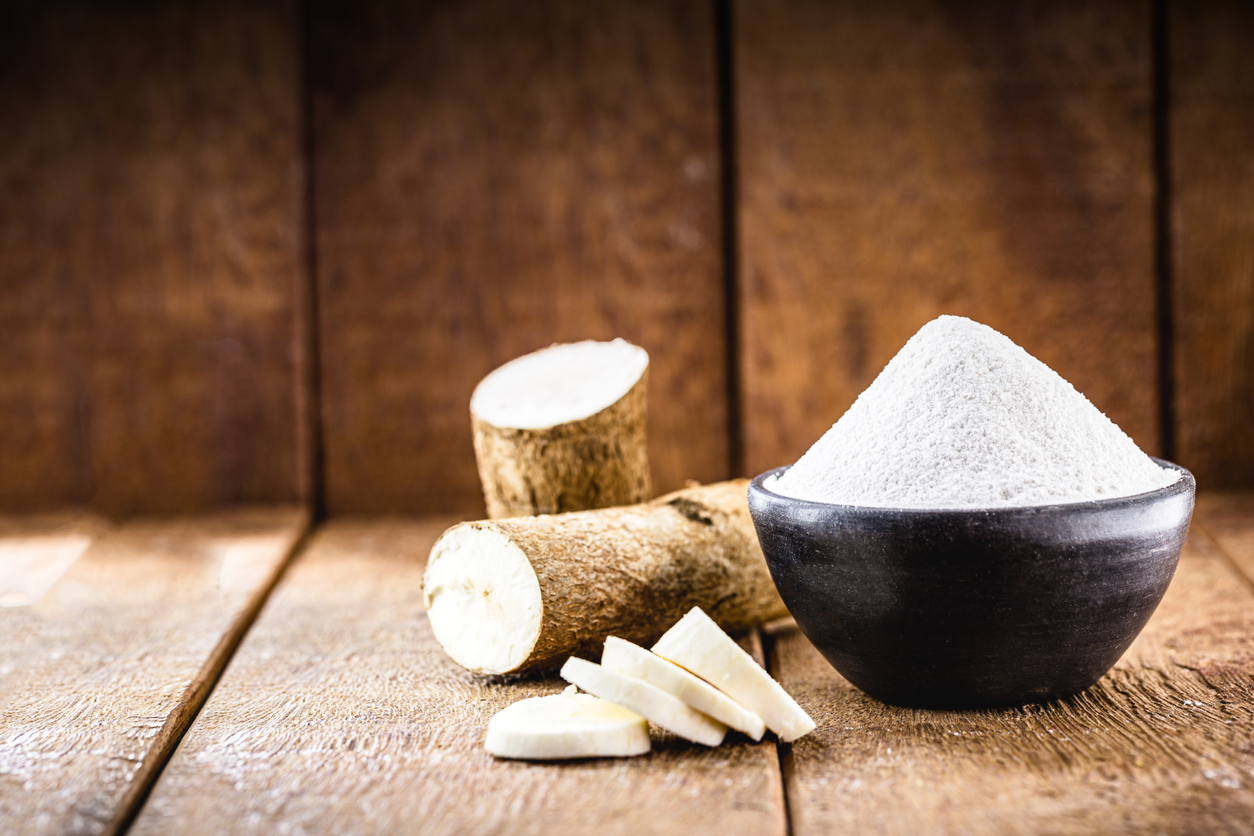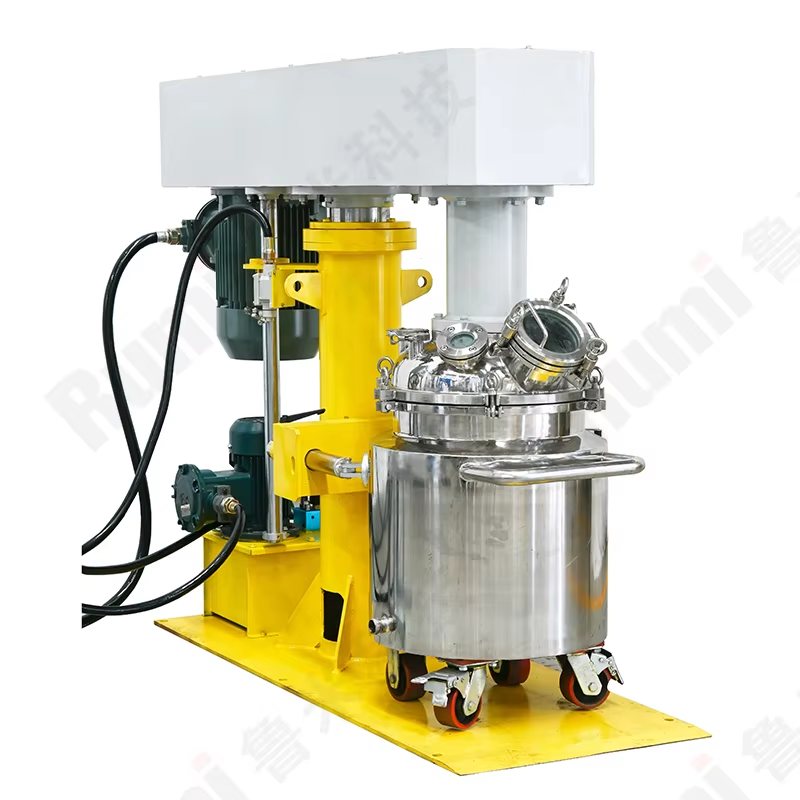Growing Your Own Cassava in Nigeria: Where to Buy Cassava Seeds & Tips
Growing Your Own Cassava in Nigeria: Where to Buy Cassava Seeds & Tips
Nigeria is an agriculturally-rich country, and growing your own cassava can be both rewarding and important for ensuring access to nutritious and affordable food. Cassava is a staple crop in Nigeria and is used to make a variety of dishes. Growing your own cassava can be a great way to feed your family while also providing a source of income. It is important to know where to buy cassava seeds, the best planting techniques for your area, and how to care for the plant throughout its growth cycle. With the right information, you can create a sustainable and productive cassava farm. Whether you are a beginner looking to get started, or a seasoned farmer looking for the best tips, this guide will provide you with the information you need to successfully grow and harvest your own cassava in Nigeria.
Growing Your Own Cassava in Nigeria: Where to Buy Cassava Seeds & Tips
Nigeria is an agriculturally-rich country, and growing your own cassava can be both rewarding and important for ensuring access to nutritious and affordable food. Cassava is a staple crop in Nigeria and is used to make a variety of dishes. Growing your own cassava can be a great way to feed your family while also providing a source of income. It is important to know where to buy cassava seeds, the best planting techniques for your area, and how to care for the plant throughout its growth cycle. With the right information, you can create a sustainable and productive cassava farm. Whether you are a beginner looking to get started, or a seasoned farmer looking for the best tips, this guide will provide you with the information you need to successfully grow and harvest your own cassava in Nigeria.
Benefits of Growing Your Own Cassava
Growing your own cassava can have numerous benefits. Not only will you have access to affordable and nutritious food, but you can also make a profit by selling the cassava that you grow. Cassava can be used in a variety of dishes, making it a versatile and valuable crop. Furthermore, cassava is a resilient crop that can be grown in a variety of climates and soils. It is a drought-tolerant crop that can also withstand temperatures up to 40°C. Growing your own cassava can be a great way to feed your family while also providing a source of income.
In addition to its versatility and resilience, cassava is also a highly nutritious crop. It is a source of carbohydrates, proteins, vitamins, and minerals. It is also a good source of fiber, which can help to promote a healthy digestive system. Growing your own cassava can be an excellent way to ensure access to nutritious food for your family.
Where to Buy Cassava Seeds in Nigeria
When it comes to buying cassava seeds in Nigeria, there are a variety of options. The most common place to buy cassava seeds is from local cassava farmers. This is a great option for those who want to buy locally-sourced seeds. Another option is to purchase seeds online from a reputable seed supplier. This is a great option for those who are looking for a wider variety of seeds. The final option is to purchase pre-germinated cassava seeds from a nursery. This is a great option for those who want to save time and money.
No matter which option you choose, it is important to make sure that you buy seeds from a reputable source. Buying from a reputable source can help to ensure that the seeds are of high quality and will produce healthy plants.
The Best Planting Techniques for Cassava
When it comes to planting cassava, there are a few different techniques that you can use. The first is the traditional method of planting. This involves planting the seeds in furrows 1-2 feet apart and covering them with soil. This method is great for those who are new to cassava farming and want to get started quickly.
The second planting method is the mound planting technique. This involves creating mounds of soil and planting the cassava seeds in the mounds. This method is great for those who want to ensure that their cassava plants are getting enough nutrients from the soil. It is also a great way to conserve water and ensure that the plants are getting adequate drainage.
The third planting method is the container planting technique. This involves planting the cassava seeds in containers with soil. This is a great option for those who are growing cassava in limited spaces, such as urban gardens.
No matter which planting technique you choose, it is important to make sure that the soil is well-draining and that you are planting the seeds at the right depth.
Tips for Caring for Cassava Plants
Once you have planted your cassava seeds, it is important to make sure that you are providing your plants with the proper care. Here are a few tips for caring for your cassava plants:
- Water your plants regularly. Cassava plants need to be watered regularly in order to produce healthy and high-yielding plants. Make sure that you are providing your plants with enough water but not too much, as this can lead to root rot.
- Fertilize your plants. Fertilizing your cassava plants is important to ensure that they are getting the nutrients they need to produce healthy plants. It is best to use organic fertilizers that are designed for cassava plants.
- Control weeds. Weeds can compete with your cassava plants for nutrients and water, so it is important to keep them under control. Make sure to remove any weeds that you see near your cassava plants.
- Monitor for pests and diseases. It is important to keep an eye out for any pests or diseases that may be affecting your cassava plants. If you do see any signs of pests or diseases, make sure to take the proper steps to get rid of them.
The Different Varieties of Cassava
When it comes to growing your own cassava, it is important to know which varieties are best suited for your area. There are a variety of different varieties of cassava, each of which has its own unique characteristics. Here are a few of the most popular varieties of cassava:
- TMS 30572: This variety of cassava is known for its high yields and is resistant to pests and diseases.
- TMS 4(2): This variety of cassava is known for its high yields and is resistant to drought.
- TMS 01: This variety of cassava is known for its high yields and is resistant to pests and diseases.
- TMS 677: This variety of cassava is known for its high yields and is resistant to drought and pests.
- TMS 5116: This variety of cassava is known for its high yields and is resistant to pests and diseases.
When choosing which variety of cassava to grow, it is important to take into account the climate and soil conditions in your area.
Harvesting and Storing Cassava
Once your cassava plants are mature, it is time to harvest them. Cassava plants should be harvested when the leaves begin to turn yellow. To harvest the cassava, simply uproot the plants and remove the roots. It is important to store the cassava roots immediately after harvesting, as they can spoil quickly.
To store cassava, it is important to keep them cool and dry. You can store the cassava roots in a cool, dry place. It is also important to make sure that the roots are not exposed to direct sunlight. You can also store the roots in a refrigerator or even in the freezer.
Diseases and Pests to Look Out For
When it comes to growing cassava, it is important to be on the lookout for any diseases or pests that may affect your plants. The most common diseases and pests that affect cassava plants are:
- Root rot: This is caused by a fungus and is usually a result of poor drainage or overwatering. To prevent root rot, make sure that your soil is well-draining and that you are not overwatering your plants.
- Leaf spot: This is caused by a fungus and is usually a result of poor air circulation or overly wet soil. To prevent leaf spot, make sure that your plants are getting enough air circulation and that your soil is not too wet.
- Aphids: These are small insects that can cause damage to your plants. To prevent aphids, make sure to keep your plants clean and free of debris.
- White grubs: These are small larvae that can cause damage to your plants. To prevent white grubs, make sure to keep your soil clean and free of debris.
Cassava Recipes
Once you have harvested your cassava, it is time to enjoy it! Cassava can be used in a variety of dishes. Here are a few delicious recipes that you can make with your freshly harvested cassava:
- Cassava Fries: Slice your cassava into strips and fry them in oil. Enjoy your cassava fries with a side of ketchup or your favorite dipping sauce.
- Cassava Cake: Mash your cassava and combine it with eggs, sugar, and butter. Bake your cassava cake in the oven and enjoy a delicious dessert.
- Grilled Cassava: Cut your cassava into thick slices and grill them for a delicious and healthy side dish.
- Cassava Bread: Mash your cassava and combine it with flour, yeast, and water. Bake your cassava bread in the oven for a delicious and nutritious snack.
Conclusion
Growing your own cassava in Nigeria can be both rewarding and important for ensuring access to nutritious and affordable food. It is important to know where to buy cassava seeds, the best planting techniques for your area, and how to care for the plant throughout its growth cycle. With the right information, you can create a sustainable and productive cassava farm. Whether you are a beginner looking to get started, or a seasoned farmer looking for the best tips, this guide will provide you with the information you need to successfully grow and harvest your own cassava in Nigeria.







LEAVE A COMMENT
You must be logged in to post a comment.